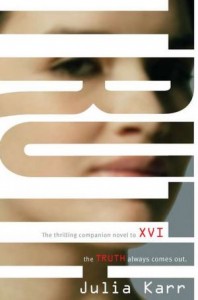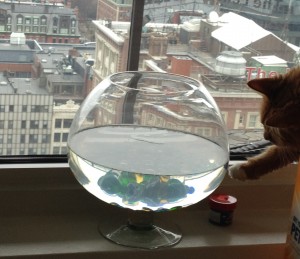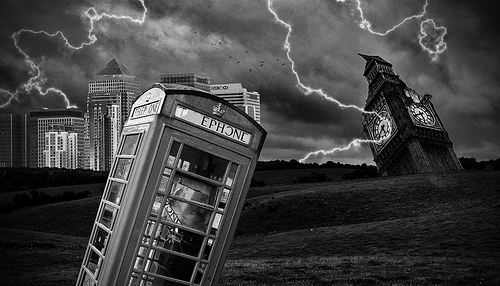Rating: 3.75 out of 5
Summary: This sequel picks up where XVI left off. Ed is dead. The B.O.S.S. is hanging around Nina’s family, asking questions. Sal is constantly off on NonCon missions. And Nina is trying to figure out how to get by now that she is a Sex-teen. As Nina’s life begins crumbling around her, she joins up with an organization of girls secretly working alongside the Resistance in hopes of showing the world that women can be just as powerful as men. As Nina fights to save her family and help all the nameless girls whose lives have been ruined by the GC, will she remember to step back and take the time to help herself? Or will revealing the truth cause Nina to lose everything?
I was really excited to read this book, mostly because I absolutely loved the premise behind XVI, but also because I saw promise in XVI for the sequel to be stellar. Unfortunately, I was left feeling a bit lukewarm.
Many of the things I loved about XVI were missing from Truth. Whereas I felt very invested in the success of the characters in XVI, they seemed a bit hollow in Truth and their actions often seemed a bit forced and, sometimes completely out of left field. It felt like a lot of characters were thrown is as fillers and characters we met in the first book seemed, more often than not, to lose the multi-dimensional nature they had in XVI.
XVI felt very real and gritty, and that reality, and definitely the grittiness, were missing from this book. In fact, Nina spent a large portion of the book wishing she could be as pretty and stylish as the upper-tier girls. While this desire was present in XVI, it was much less of a focus. I thought this, alone, took away from the world and from Nina as a character. Although I can understand her desire to want to be like others, it seemed to deviate from her character as it was set up in XVI.
Unfortunately, it seems that Truth suffers from something a lot of seconds suffer from – feeling like a filler.
All of that being said, Truth was not a bad book, by any means. It just has the misfortune of following in the footsteps of a book I happened to absolutely love. Karr continued to expand upon the world she built in XVI and it was clear that she has a very solid understanding of the inner workings of this world, a must for a successful dystopian. Despite my reservations, I still finished the book in 3 days, a sign that it was at least able to keep me engaged. If you were a fan of XVI, you should definitely read this, and if you haven’t read the series yet, I would recommend checking it out.





